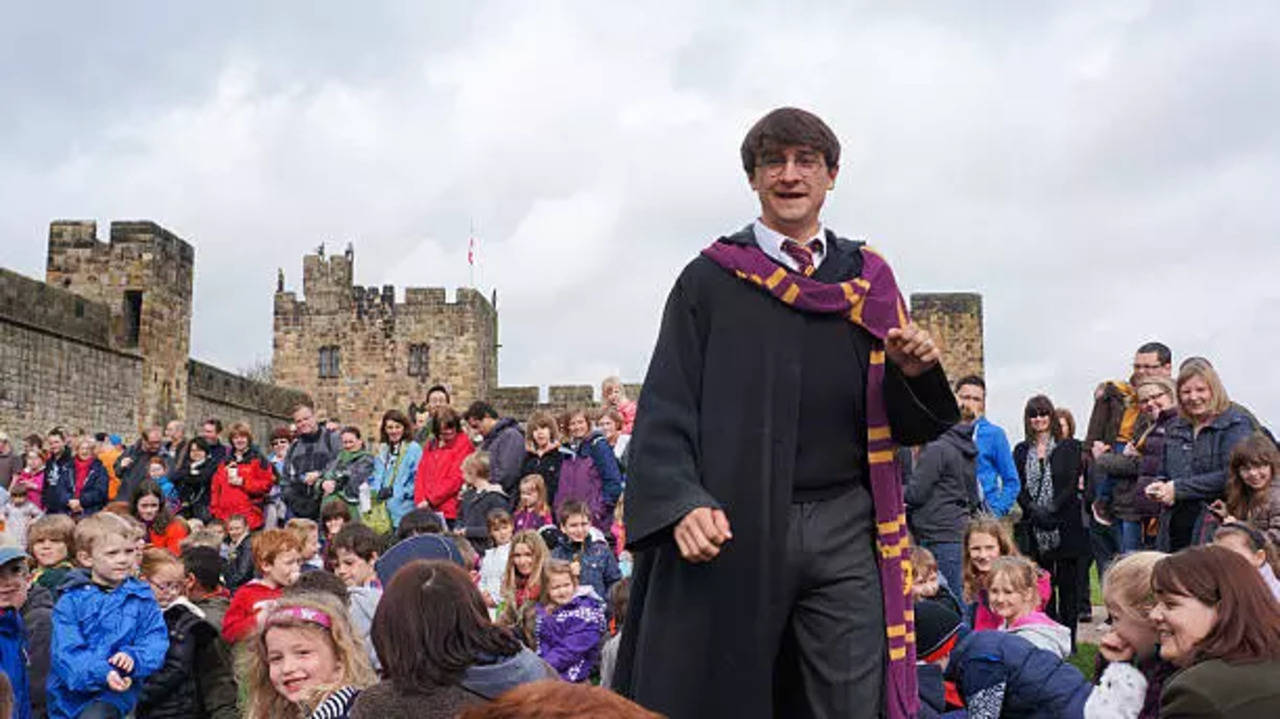Rowling wasn’t the first to enter the genre of a magical school where young witches and wizards grow up navigating the outside world, but she was certainly the first to make such a world more accessible and believable through his attention to detail. , her ingenious talent for layering the real and the fictional, and she made it all pretty funny and simple.
It was criticized for its rather flat prose, but therein too lay the appeal of the books – they could reach a wider audience and in the early days books traded hands and shelves just by word of mouth.
Most early readers of the series would have borrowed the book from a friend, their parents would then have read it and both of them would have recommended the book to their friends and so on.
By the time Harry Potter entered his fourth year at Hogwarts School of Witchcraft and Wizardry (Harry Potter and the Goblet of Fire), the books had cast a spell over a wider audience, not just children and their parents, but even on other adults. the magical world of schooled witches and wizards.
Rowling outsold adult authors, although it’s worth noting that her first book for adults – A Casual Vacancy published in 2012 – received mixed reviews and had limited success.
I was an early adopter of the book when I was 8 or 9 years old, and it also came to me by word of mouth from someone I didn’t fully trust, so I continued to read “The Secret Sevens” and “The Famous” by Enid Blyton. Fives” until Potter found his way back to me as a gift from a relative who stayed in America and then, again, as a birthday present.
Speaking of posterity, will the sensation that was Harry Potter be as appealing to future generations, say even 25 years from now?
The themes and experiences the books deal with are of course timeless – friendship, love, coming of age, and the struggle for what is good and which will not lose its relevance.
But the most enduring lesson, and one that makes the series worth revisiting, not to escape the reality of life but to remember what is worth living, is that the most Great magic is not cast by spells but only requires performing ordinary acts of extraordinary love and courage.

